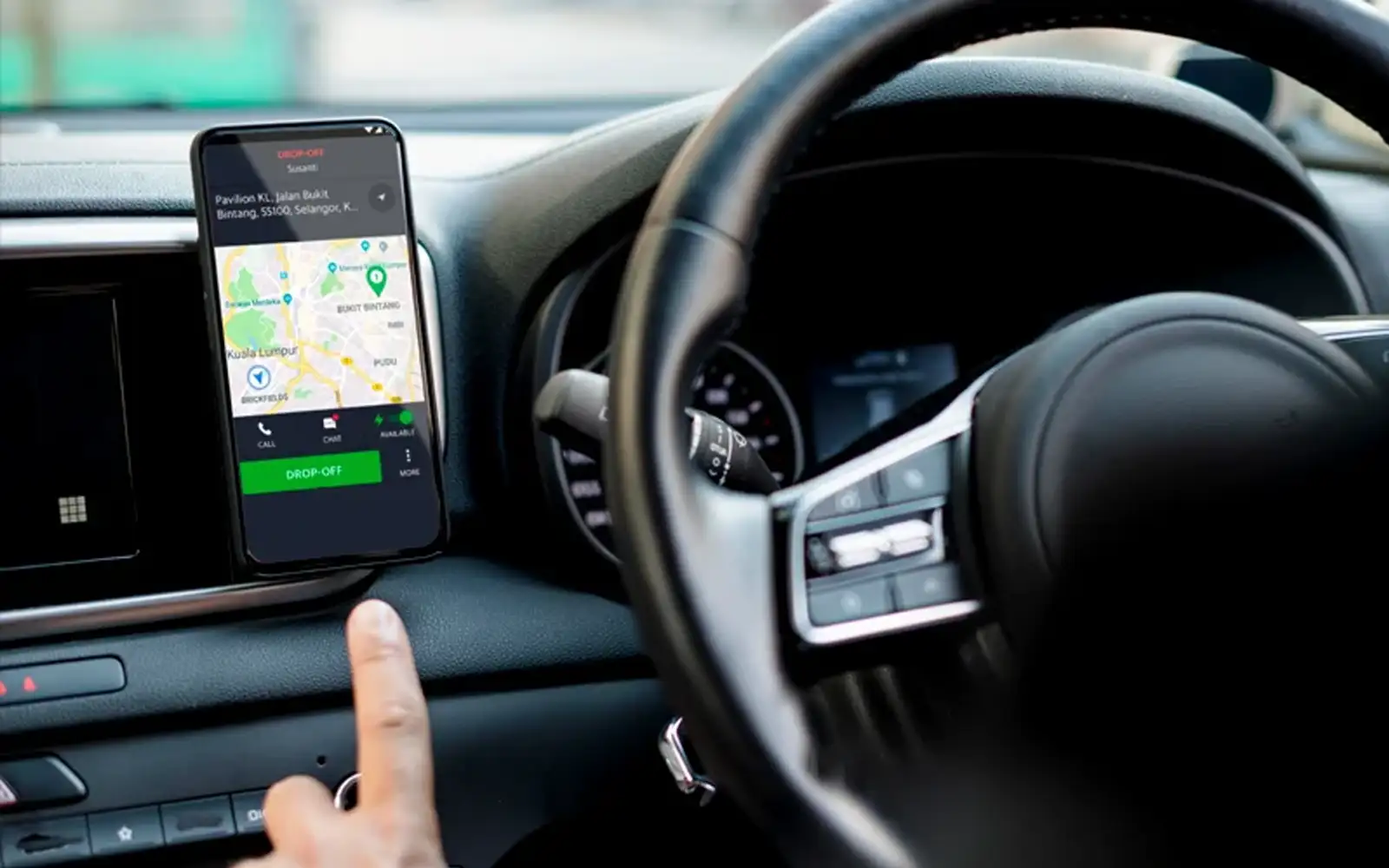
By Wan Agyl Wan Hassan
Malaysia’s e-hailing sector is standing at a critical juncture and the Land Public Transport Agency’s (Apad) recent decision allowing inDrive and Maxim to resume operations under a three-month probation is both a bold pivot and a delicate test.
On the surface, it signals a maturing regulatory approach that blends firmness with reform. But beneath that gesture lies a deeper question: are we holding platforms accountable, or simply offering them one more lifeline they haven’t earned?
inDrive’s claim on July 29 that all of its drivers now hold valid e-hailing vehicle permits (EVP), public service vehicle (PSV) licences and insurance cover is a welcome announcement.
Apad’s own audit on July 11 appeared to confirm that operational compliance had improved in the short term.
The company has since pointed to administrative fixes — such as driver re-verification, backend audits and improved regulator integration — as proof of course correction. That may be true. And Apad, in allowing these firms back into the ecosystem under probation, has shown it is willing to prioritise long-term industry development over knee-jerk punishment.
But let’s not forget how we got here. These were not minor administrative oversights. From 2022 through mid-2025, both inDrive and Maxim were found repeatedly breaching the law. Drivers operated without EVPs. Some lacked PSV licences. inDrive continued business even after licence expiry.
Maxim, according to news reports, was flagged in multiple states for using unlicensed vehicles. Show-cause letters were issued, cease orders were served, and enforcement was activated, yet both firms continued operating, sometimes quietly, often blatantly. These were not momentary compliance gaps; they were sustained, structural failures that undermined the safety of passengers and the integrity of Malaysia’s regulatory framework.
While the sanction of probation may appear constructive, we must be blunt: non-compliance of this scale should never be tolerated again. It endangers passengers. It disadvantages rule-abiding local and other operators. And it makes a mockery of existing enforcement. If this is truly a turning point, both the regulators and the platforms must recognise that probation is not forgiveness; it is a final warning.
I say this with due respect, but I must humbly disagree with the transport minister’s recent statement that this is the platforms’ “first offence”.
The documented history of non-compliance — spanning several years, multiple enforcement actions, and repeated regulatory warnings — shows otherwise.
Platforms that violate probation conditions must have their licences cancelled immediately, decisively, and without compromise. There is no need for the matter to be subjected to further deliberation.
Apad must now move swiftly from gesture to governance. Probation only works if it is backed by real-time monitoring, milestone enforcement, and full public transparency.
inDrive and Maxim must be required to submit bi-weekly dashboards that disclose how many drivers are actively on the platform and how many have verified EVPs, PSV licences, and insurance. These numbers must be auditable, published publicly, and open to scrutiny from stakeholders, including driver associations, consumer advocates, and the public.
Regulators must also maintain view-only access to platform backend data, not just pre-filtered compliance snapshots. This enables Apad to run live spot-checks and cross-verify EVP issuance with JPJ and other relevant databases.
A platform that cannot support this level of scrutiny should not be allowed to operate. In parallel, a set of monthly milestones must be enforced. For example: 100% EVP coverage by Aug 31; zero unauthorised driver logins by Sept 15; driver helplines and reporting channels operational by Oct 1.
These aren’t suggestions; they should be conditions for continued operation. If either of these two platforms fails to meet them, Apad must revoke their licences without hesitation or political interference.
But Apad cannot do this alone. Independent audits are essential. Neutral third-party monitors should be engaged to validate compliance claims, investigate anomalies, and provide honest assessments free from political pressure. Public reporting channels must be set up, enabling passengers and drivers to anonymously report violations especially concerning fake licences, vehicle impersonation, or illegal fare surcharges.
Let us be clear to the industry as well: this country will no longer welcome platform business models built on regulatory evasion or grey-area operations. Malaysia has every right to protect the safety of its riders and the dignity of its workers. Global platforms entering our market must understand that scale does not grant immunity. If your compliance depends on retroactive appeals or last-minute damage control, you do not belong in a market that prioritises public safety and trust.
This is also a wake-up call to the broader regulatory ecosystem. Probation should not be the norm. It is a tool, not a policy. The goal must be to build a system where compliance is the default, not a corrective afterthought. Malaysia must move towards principles-based regulation; one that prioritises outcome-based safety metrics, structured public accountability, and data-driven decision-making. We cannot afford a regulatory model that rewards failure with resets.
Therefore, this probation is not a favour. It is a test. A test of whether inDrive and Maxim can reform, and more importantly, whether Apad has the courage and tools to hold them to account. If successful, this could mark a shift towards a more intelligent, reform-driven regulatory regime. If not, it will signal to the market that rules are optional, and consequences negotiable.
The next three months will determine whether Malaysia’s e-hailing future is defined by courage and clarity or by capitulation. Let’s hope we choose the former.
Wan Agyl Wan Hassan is the founder and CEO of MY Mobility Vision, a transport think tank.
The views expressed are those of the writer and do not necessarily reflect those of FMT.






